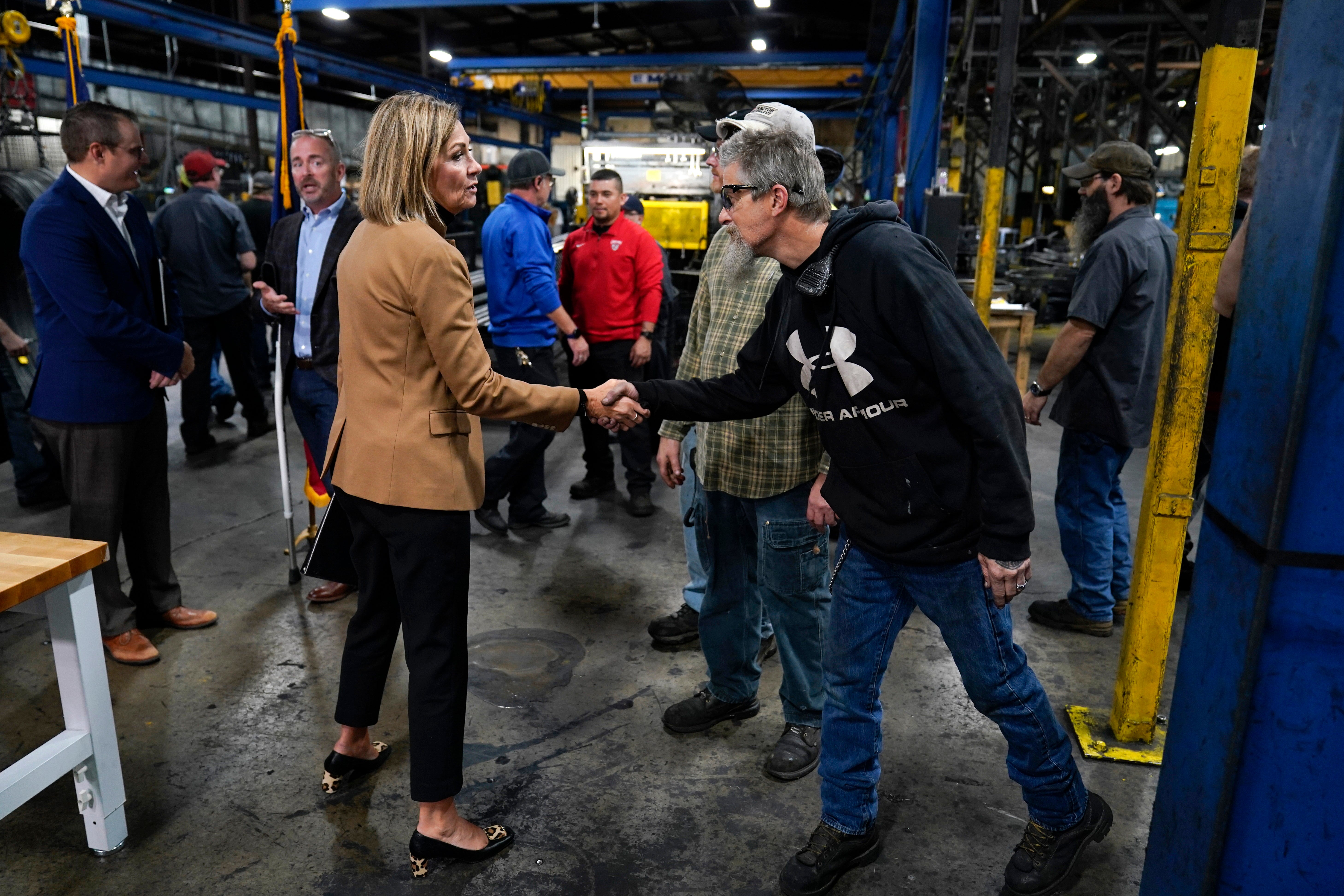US unemployment claims fall to new pandemic low of 290,000
The number of Americans applying for unemployment benefits fell last week to a new low point since the pandemic erupted, evidence that layoffs are declining as companies hold onto workers

Your support helps us to tell the story
From reproductive rights to climate change to Big Tech, The Independent is on the ground when the story is developing. Whether it's investigating the financials of Elon Musk's pro-Trump PAC or producing our latest documentary, 'The A Word', which shines a light on the American women fighting for reproductive rights, we know how important it is to parse out the facts from the messaging.
At such a critical moment in US history, we need reporters on the ground. Your donation allows us to keep sending journalists to speak to both sides of the story.
The Independent is trusted by Americans across the entire political spectrum. And unlike many other quality news outlets, we choose not to lock Americans out of our reporting and analysis with paywalls. We believe quality journalism should be available to everyone, paid for by those who can afford it.
Your support makes all the difference.The number of Americans applying for unemployment benefits fell last week to a new low point since the pandemic erupted, evidence that layoffs are declining as companies hold onto workers.
Unemployment claims dropped 6,000 to 290,000 last week, the third straight drop, the Labor Department said Thursday. That’s the fewest people to apply for benefits since March 14, 2020, when the pandemic intensified. Applications for jobless aid, which generally track the pace of layoffs, have fallen steadily from about 900,000 in January.
Layoffs levels are increasingly returning to normal, but many other aspects of the job market aren't. Hiring has slowed in the past two months, even as companies and other employers have posted a near-record number of open jobs. Officials such as Jerome Powell had hoped more people would find work in September as schools reopened, easing child care constraints, and enhanced unemployment aid ended nationwide.
Yet so far, that hasn't happened. Instead, some observers are starting to consider whether some of those who had jobs before the pandemic, and lost them, may have permanently stopped looking for work.
On Tuesday, Christopher Waller, a member of the Federal Reserve s Board of Governors, said that two million of the 22 million jobs lost to the pandemic may not return anytime soon because retirements have accelerated so quickly since COVID hit.